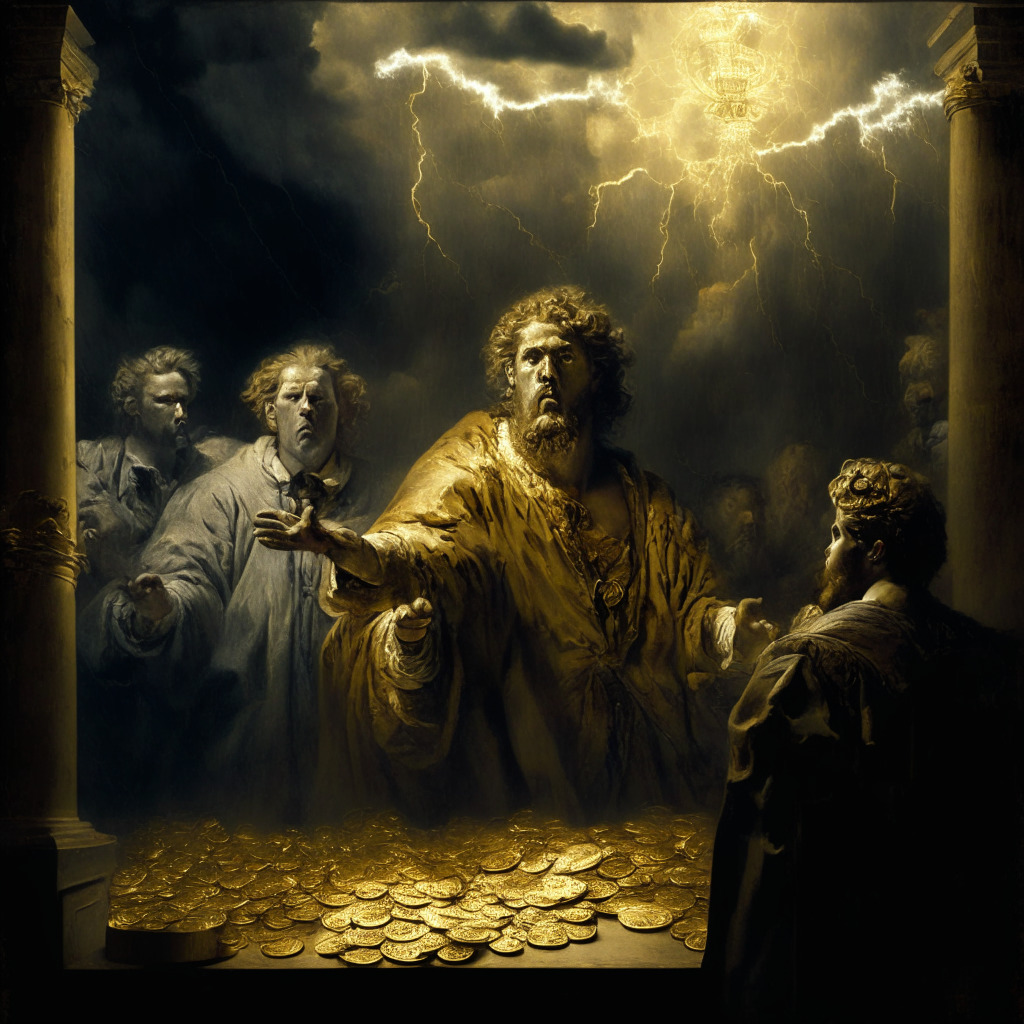Seeing the Tornado Cash indictments as a pivotal moment for cryptocurrency, many are wondering how the case outcome may define the federal government’s ability to regulate decentralized trading platforms. One of the co-founders and developers behind the Tornado Cash mixer, Roman Storm, was arrested, and another, Roman Semenov has been indicted. A third, Alexey Pertsev, awaits trial in the Netherlands.
This situation has made many question whether this is an intensified scrutiny against Tornado Cash or simply a straightforward case about a website enabling North Korea to launder a significant amount of crypto. A serious concern related to the privacy of transactions, this leaves crypto enthusiasts uneasy over whether regulation could stifle innovation.
However, detail worth noting is that these indictments are specifically tied to allegations of the co-founders providing a platform for notorious actors to launder almost $1 billion in crypto, including North Korea’s Lazarus Group. Their role, particularly in connection to North Korea’s nuclear weapons program, is a significant accusation, leaving many questioning the specific intentions of the co-founders.
Nonetheless, these allegations do not condemn the entire crypto industry as the charges specific to this case reflect illegal agreements between the indicted parties. Moreover, the charges are not against the smart contract, but rather focus on the user interface in question, which was seen as aiding the act of money laundering. TORN, Tornado Cash’s native token, also adds complication to the case, with the indictment stating that the defendants used the token to profit from Tornado Cash.
It’s essential to bear in mind that these allegations do not mark an attempt to harness the industry but rather point to the careful monitoring of fraudulent and malicious actions within the crypto sphere. The purpose behind the development of Tornado Cash will play a crucial role in the case and whether the co-founders were focused on guarding privacy or profiting from illegal activities.
Opinions vary. Some feel that the co-founders have stayed within the parameters set by the Financial Crimes Enforcement Network while others think the contrary, arguing that Tornado Cash was less of a decentralized entity but rather a centralized one running a website for profit. Regardless, the case focuses more on the Tornado Cash developers, rather than setting a precedent for the entire cryptocurrency industry, thus minimizing the potential “chilling effect” on the ecosystem.
Source: Coindesk




